

by Patricia Hernandez
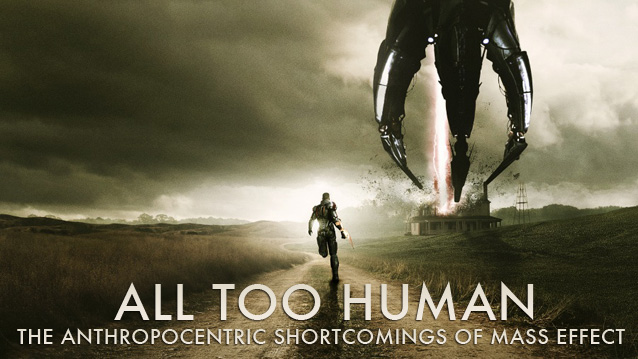
Mass Effect 2 might've improved mechanically over the first iteration of the franchise through streamlining, on delivering a gripping narrative with memorable characters, and even visually, but in my mind, the series has still taken a turn for the worse. Understand, my niggle with the franchise is nothing objective; I can recognize that Mass Effect 2 is superior to the first title in nearly every arguable way. Still, there's one changed aspect which made the sequel less captivating. I loathe that the Mass Effect franchise has become so human-centric.
Mass Effect 1 was different. I remember being in awe when I first learned that the human race had only just discovered the world beyond the velvet void of the milky way. The sense of wonder came in the implication: because we were newcomers to a wider intergalactic society, our importance was miniscule. Unsurprisingly we were the species with the highest sense of entitlement, but nonetheless, it was clear that the council felt that humans needed to prove their worth before we could be validated or recognized. Proving ourselves, the council argued, would be something that required lots of time and effort; it was not something that could be achieved overnight. The Volus, who are an integral force when it came to wider space commerce, were a testament to how difficult was to get a seat in the council. Despite constant lobbying, the Volus have not been granted a seat in the council. Humans, however, were granted a seat almost immediately relative to the Volus by the end of Mass Effect 1. This plot twist cemented what would become a wider shift in the franchise as a whole: Mass Effect became anthropocentric.
Suddenly we have a council seat, and suddenly the Reapers become particularly interested in our species. Why so interested? Easy: humans are so, so special! Of course the Reapers want our Special DNA Slush™. Who doesn't want a piece of this?
BioWare took one of the most interesting aspects of the franchise and made it like every other human-centric, human-glorifying game out there.I understand why. I know why BioWare did it, why BioWare took one of the most interesting aspects of the franchise and made it like every other human-centric, human-glorifying game out there. They didn't do it because the fight against the Reapers would have the sort of significance that the council required before granting someone a seat. My hypothesis is this: the mass market out there, they don't care about our blue tentacled aliens. Why should we fight to save a society that doesn't give us our rightful place as masters of the universe? What sort of 'emotional investment' could we feel when it came to saving the galaxy in that sort of situation?
Enter Earth. BioWare won't allow us to visit Earth until the grand finale—Mass Effect 3. There's a reason for this: what better way to make us care about our impending doom at the hands of the Reapers than putting our very home at risk? Our heartstrings can't be as easily tugged by the visage of a baby Hanar frolicking the gassy plains of Kahje as they might be when we watch little Susy get demolished in a field of sunflowers, surely!
I feel this human-centric approach has undermined the world that Bioware created in the first place. Here we have a bevy of interesting species that make ours look mundane by comparison, but the drama is not anchored around that larger world at all. Plus it's cheap to think we'd be more effectively swayed by bringing the fight back home than we would be otherwise. That approach is easy, it's practically a given that players will care about humanity, about Earth. We're selfish, ego centrical brats. I would have liked to see BioWare pull all the stops in fleshing out an engaging universe that humanity thought was worth fighting for.
When you think about it, us and our tiny blue marble are kind of insignificant in that wider terrifying black abyss. It's a shame that we don't have a game that dared to reflect that uncomfortable fact.
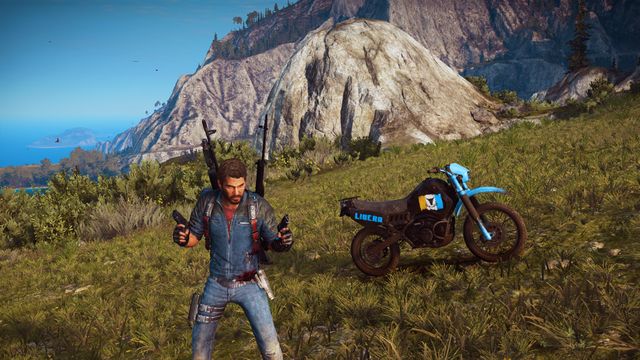

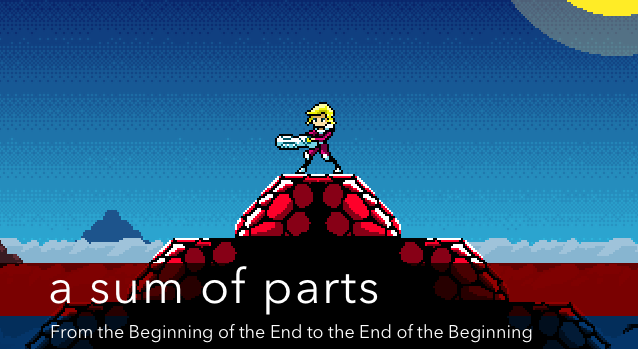
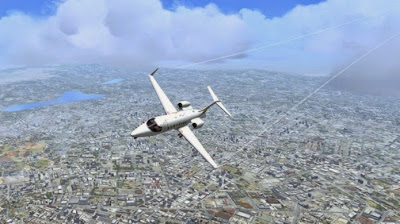
 Produce panoramic photos using a GoPro Hero 3
Produce panoramic photos using a GoPro Hero 3 Catherine cheats and unlockables guide
Catherine cheats and unlockables guide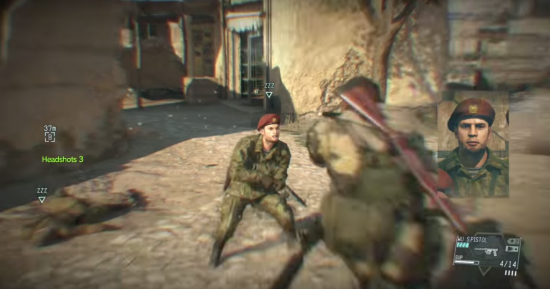 Metal Gear Solid V: TPP Guide - How to Beat the 'Red Brass' Mission
Metal Gear Solid V: TPP Guide - How to Beat the 'Red Brass' Mission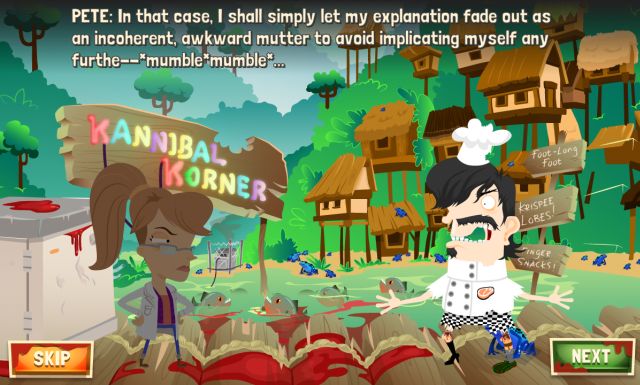 Amateur Surgeon 3 Slices Up Your Funny Bone
Amateur Surgeon 3 Slices Up Your Funny Bone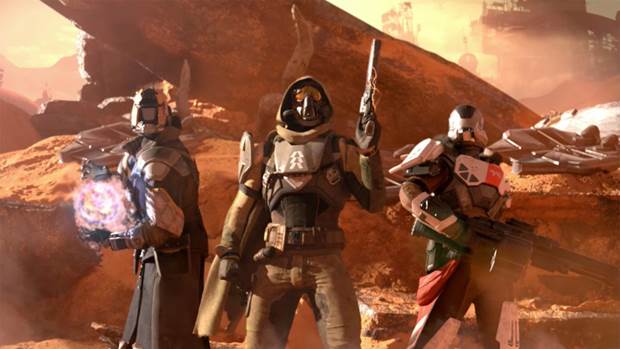 Destiny Guide: Clear the Vault of Glass in 30 minutes
Destiny Guide: Clear the Vault of Glass in 30 minutes